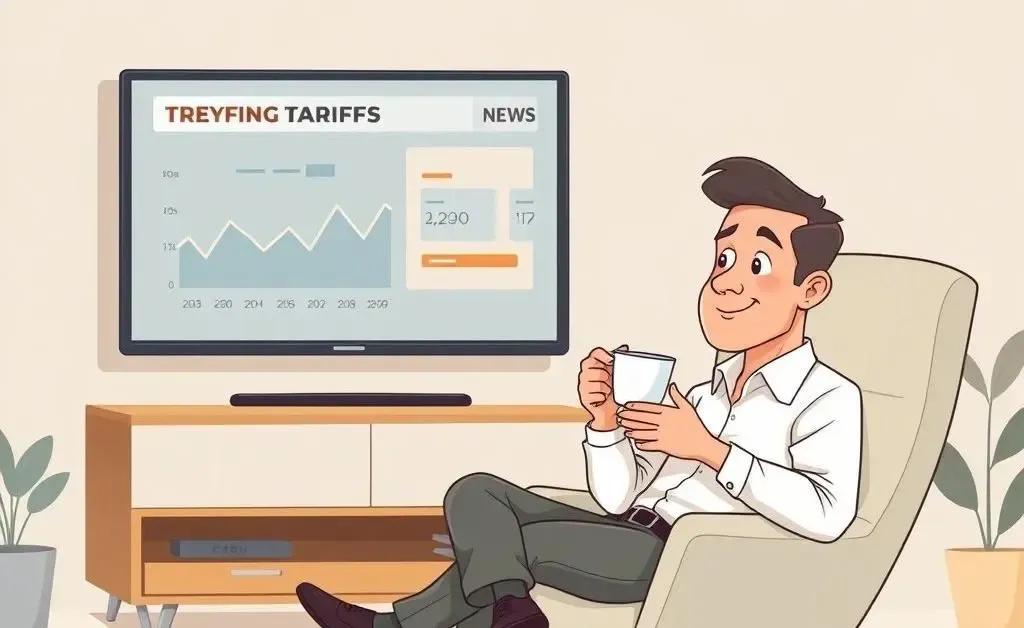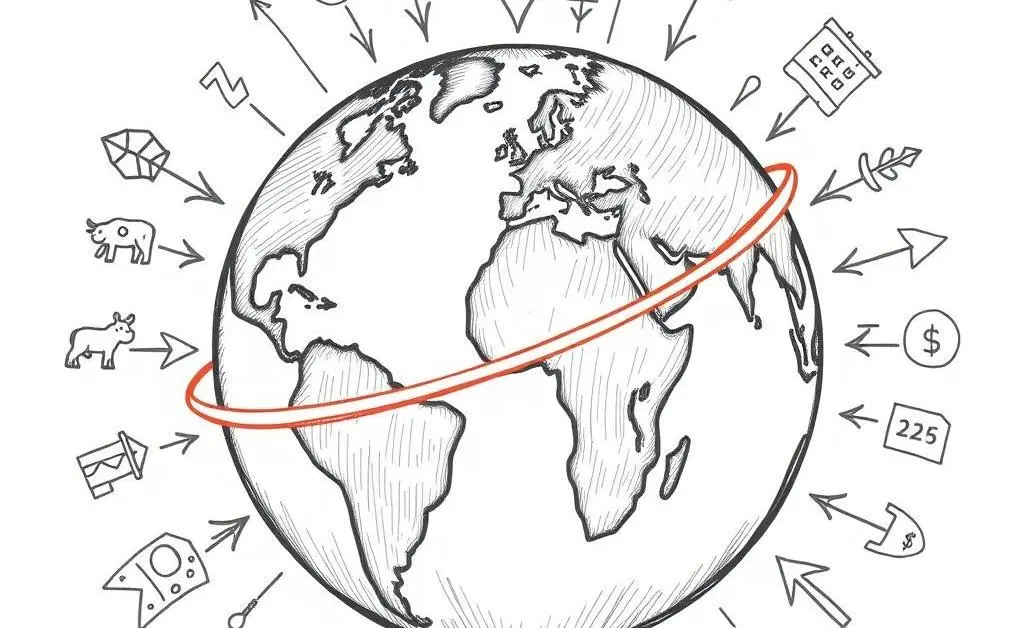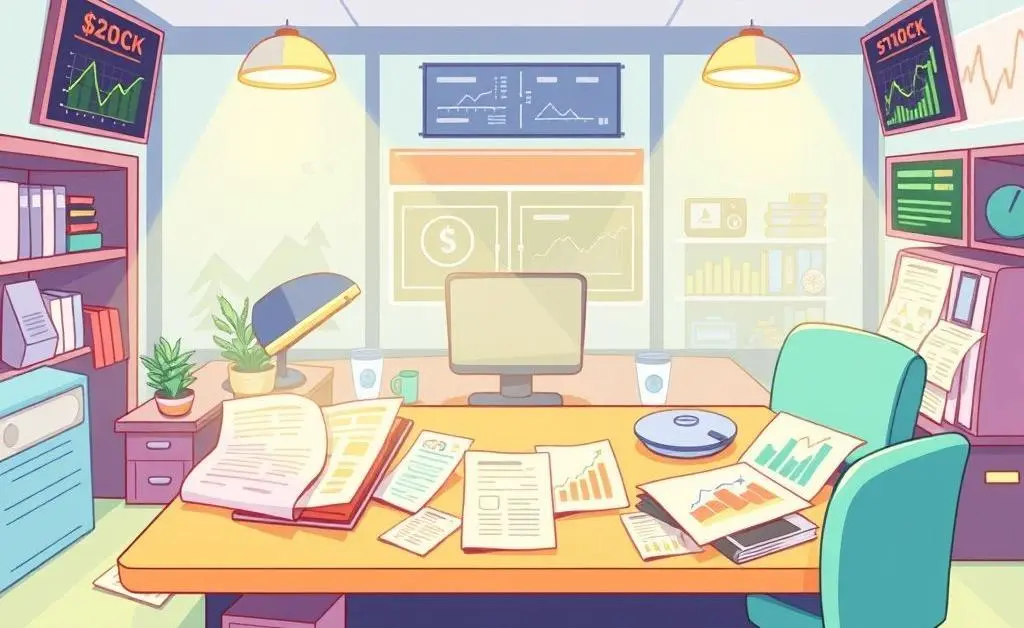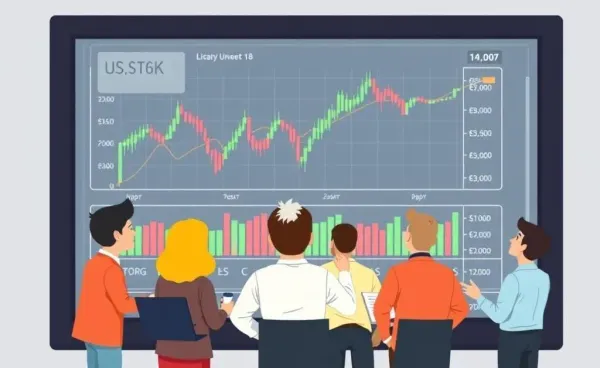Why Market Reactions to Tariffs Aren’t What You Think
Understanding why the market often shrugs off tariff news.

Hey there! Grab a cup of tea and let's chat about something that seems to confuse many of us—why doesn’t the stock market react the way we’d expect when tariff news hits the headlines?
Markets, Tariffs, and You: What’s Really Happening?
Picture this: you see a headline about new tariffs being imposed and expect a dramatic market downturn. After all, tariffs can potentially hinder global trade, increase costs, and ruffle economic feathers. But then, nothing happens. The market seems unphased. Why is that?
Firstly, it’s crucial to understand that markets are driven by expectations. Often, the news about tariffs is already baked into the market, meaning investors and analysts have previously considered the potential impact. As a result, when the actual announcement isn’t much of a surprise, the market barely budges.

The Art of Foresight: How Markets Preemptively Adapt
Investors tend to anticipate changes, and there’s an entire industry focused on predicting trends. This isn’t just about gazing into crystal balls—it involves data, analysis, and sometimes a little seasoned intuition. So, if the hint of new tariffs has been lingering in market predictions, when the actual news hits, it feels more like a quiet confirmation than a disruptive shock.
Additionally, companies often have strategies to mitigate the impact of tariffs, such as adjusting supply chains or passing costs onto consumers. The market, in turn, reacts to these mitigating measures, balancing out any potential negative effects.
Are All Tariffs Created Equal?
Not quite! The market reaction can vary based on the industries affected and the countries involved. For instance, tariffs that impact high-tech industries might result in more meaningful fluctuations compared to other sectors due to their pivotal role in the global economy.

Keeping Calm and Carrying On
It’s easy to become anxious with sensational news headlines, but taking a step back can reveal a more nuanced picture. Sure, tariffs are important and shouldn’t be dismissed—they affect trade relationships and, indirectly, economies. However, markets are like seasoned surfers riding the waves of economic news. They learn to expect and adapt, often long before the impact reaches the shore.
So next time you hear about tariffs, remember it’s not always about immediate panic. Consider it part of the broader narrative that experienced market players have likely accounted for. Perhaps sip your tea, and trust that the market knows how to navigate these tides.

Final Thoughts
I hope this conversation sheds some light on why the markets might not react as dramatically as you’d expect when tariffs make the news. Understanding these dynamics is like piecing together a complex puzzle where not all pieces fit at first glance but eventually reveal a bigger picture. Until next time, stay curious and open-minded!




